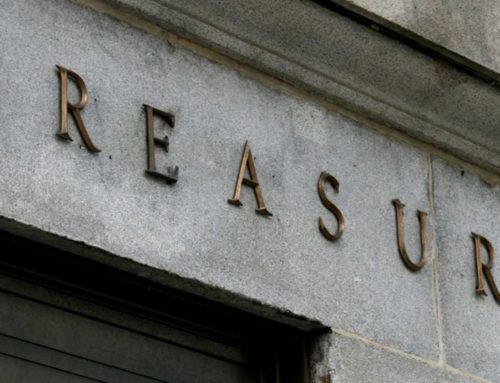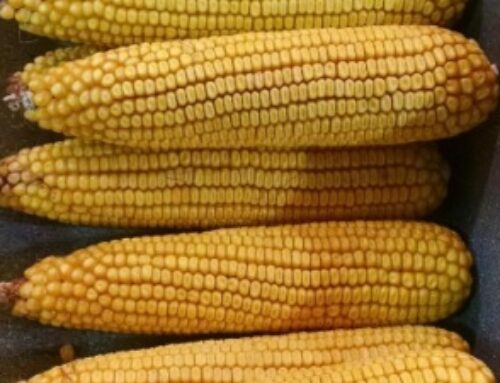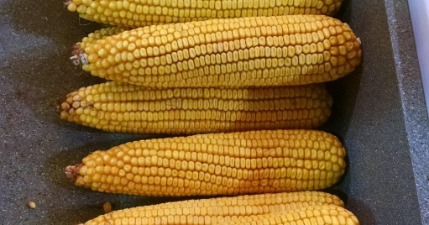Biomass was originally pitched to taxpayers as a source of renewable energy that could help improve U.S. energy security, spur rural economic development, and reduce greenhouse gas (GHG) emissions. The industry was intended to increase energy production from non-food feedstocks such as municipal solid waste, perennial grasses, and forest and agriculture residues such as corn stalks and leaves. Federal mandates and subsidies were meant to help get the biomass industry off the ground. However, in practice, U.S. biomass supports have subsidized biofuels and heat and power facilities using feedstocks that do more harm than good for taxpayers. Despite decades of billions of dollars in bioenergy subsidies—including those for biomass feedstocks used in biofuels production—the industry has failed to mitigate climate risks while spurring unintended consequences and market distortions.
- ISSUES
- OUR WORK
- ABOUT
- WEEKLY WASTEBASKETLearn about the Weekly Wastebasket. Your weekly reality-check for federal spending. Join the thousands of Congressional and agency staff, journalists and activists who receive our Weekly Wastebasket – our weekly newsletter highlighting wasteful government spending – along with our solutions. Through the Weekly Wastebasket, you can count on TCS to provide insight into the realities of the federal budget process. And don’t worry, there’s nothing wasteful about it – it’s free! Get the facts, not the fluff – sign up now for the newsletter now.
- PODCASTLearn about the PodcastWelcome to Budget Watchdog, All Federal — the podcast dedicated to making sense of the budget, spending, and tax issues facing the nation. Cut through the partisan rhetoric and talking points with TCS experts and guests for the facts about what’s being talked about, bandied about, and pushed in Washington. Subscribe
- DONATE
- CONTACT
- SEARCH










